Ibogaine for Cocaine Addiction: A Mexico Treatment Guide
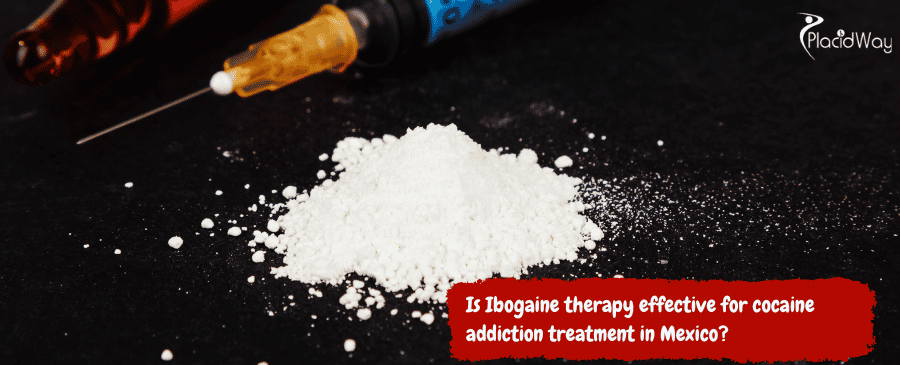
Cocaine addiction is a complex and challenging condition that impacts millions worldwide. While traditional treatments exist, many individuals seek alternative therapies that offer a different approach to recovery. Ibogaine therapy in Mexico has gained attention as a potential option for those struggling with cocaine addiction. This blog post will delve into the effectiveness of ibogaine therapy for cocaine addiction treatment in Mexico, addressing common questions and providing detailed insights into this unique approach. We will explore how it works, its potential benefits, risks, and what to expect during the treatment process.
How Does Ibogaine Therapy Work for Cocaine Addiction?
"Ibogaine works by interacting with multiple neurotransmitter systems in the brain, including dopamine, serotonin, and opioid receptors, to interrupt addiction cycles, reduce withdrawal symptoms, and diminish cravings for cocaine."
Ibogaine, derived from the African Tabernanthe iboga plant, is a psychoactive substance that has demonstrated anti-addictive properties. Unlike many conventional addiction treatments that primarily manage symptoms, ibogaine aims to "reset" the brain's chemistry. When administered, it can lead to a significant reduction in the desire to use drugs and alleviate acute withdrawal symptoms. This "reset" is believed to occur through its complex interactions with various neural pathways, which are often dysregulated in individuals with substance use disorders, particularly those involving stimulants like cocaine.
The profound effects of ibogaine can be divided into several stages. Initially, patients may experience a physically uncomfortable "acute" stage with nausea and vomiting, followed by a period of intense, dream-like visions and introspective experiences. This reflective phase is often where individuals gain psychological insights into the root causes of their addiction and past traumas. The longer-term effects, sometimes referred to as a "fourth stage," involve a sustained reduction in cravings and withdrawal symptoms, providing a crucial window for individuals to engage in further therapeutic work without the overwhelming urge to use.
Is Ibogaine Therapy Legal in Mexico?
"Yes, ibogaine therapy is legal in Mexico, which allows for the operation of specialized clinics offering this treatment, unlike many other countries where it remains unregulated or prohibited."
While ibogaine therapy is not approved by regulatory bodies in many Western countries, including the United States, it is legal in Mexico. This legal status has led to the establishment of numerous clinics across Mexico that specialize in ibogaine treatment for various addictions, including cocaine addiction. The legal environment in Mexico allows for more freedom in administering ibogaine, often under medical supervision, attracting individuals seeking alternative treatments not available in their home countries.
The legality in Mexico does not negate the need for caution and thorough research when choosing a clinic. Patients should ensure that any chosen facility adheres to high medical standards, employs qualified staff, and provides comprehensive pre-screening and post-treatment care. The regulatory landscape around ibogaine continues to evolve globally, but for now, Mexico remains a key destination for this specific type of addiction treatment.
What Are the Potential Benefits of Ibogaine for Cocaine Addiction?
"Potential benefits of ibogaine therapy for cocaine addiction include rapid detoxification, significant reduction in cravings and withdrawal symptoms, and the potential for profound psychological insights into addictive behaviors."
One of the most compelling benefits of ibogaine therapy is its ability to rapidly mitigate the severe withdrawal symptoms associated with cocaine addiction. Many patients report a dramatic reduction in physical discomfort and cravings almost immediately after treatment, allowing them to bypass much of the agonizing detox process. This can be a major advantage for individuals who have struggled with traditional detox methods.
Beyond physical relief, ibogaine is also noted for its psychotherapeutic potential. During the "waking dream" state, individuals often experience a panoramic review of their life, confronting past traumas, understanding the origins of their addiction, and gaining new perspectives. This introspective journey can lead to significant emotional breakthroughs and a renewed sense of purpose, which are crucial for long-term recovery from cocaine addiction. It is important to remember that ibogaine is not a standalone cure but rather a powerful tool that can open the door for deeper psychological healing and sustained sobriety.
What Are the Risks and Side Effects of Ibogaine Therapy?
"The risks and side effects of ibogaine therapy can include cardiovascular complications (especially for those with pre-existing heart conditions), neurological issues like tremors, nausea, vomiting, and psychological distress, underscoring the necessity of comprehensive medical screening and supervision."
Despite its potential benefits, ibogaine therapy is not without significant risks and potential side effects. The most serious concern is its impact on the cardiovascular system. Ibogaine can affect heart rhythm, and in rare cases, has been linked to severe cardiac events, particularly in individuals with pre-existing heart conditions or when combined with other substances. This is why thorough medical screening, including electrocardiograms (ECGs) and blood tests, is absolutely critical before ibogaine administration.
Other common side effects include nausea, vomiting, dizziness, and ataxia (loss of full control of bodily movements) during the acute phase. Some individuals may also experience tremors, headaches, or disturbed sleep for several days post-treatment. Psychologically, while many report positive insights, others may experience intense or distressing visions, anxiety, or temporary psychosis. Due to these risks, ibogaine therapy should only be conducted in a medically supervised setting with trained professionals who can manage potential complications and provide immediate support.
What is the Cost of Ibogaine Therapy for Cocaine Addiction in Mexico?
"The cost of ibogaine therapy for cocaine addiction in Mexico typically ranges from $5,000 to $15,000 USD, depending on the clinic, the length of stay, the comprehensiveness of the program, and included amenities."
The cost of ibogaine therapy in Mexico can vary significantly. Factors influencing the price include the reputation and location of the clinic, the medical team's expertise, the duration of the treatment program, and the range of services offered. Some clinics provide basic ibogaine administration with medical monitoring, while others offer more comprehensive packages that include pre-treatment preparation, psychological counseling, holistic therapies (like yoga or meditation), and post-treatment aftercare support.
For a detox program focusing on cocaine addiction, prices can range from $9,350 to $23,000 for 7 to 21 days, while psycho-spiritual programs might be around $7,850 for 5 days. It's crucial for prospective patients to inquire about all inclusions and potential hidden costs to ensure transparency. While the cost might seem substantial, it is often considerably less than similar treatments or extended rehabilitation programs in countries where ibogaine is not legally available, making Mexico an attractive option for many seeking this alternative therapy.
How Long Does Ibogaine Treatment for Cocaine Addiction Last?
"The acute ibogaine treatment experience for cocaine addiction typically lasts between 24 to 96 hours, with the most intense psychoactive effects occurring within the first 24-48 hours, followed by a prolonged period of residual effects and integration."
The duration of the ibogaine experience itself is relatively short compared to conventional long-term rehabilitation programs. The immediate effects of ibogaine, often described as a "flood dose," can last from 24 to 96 hours. During this period, the patient is under constant medical supervision. The first few hours involve the onset of psychoactive effects, followed by the intense visionary phase, and then a period of processing and integration.
However, the overall ibogaine treatment program at a clinic typically extends beyond just the acute experience. Many clinics recommend a stay of 5 to 14 days or even longer to allow for proper medical preparation, post-treatment recovery, and the initiation of therapeutic work. This extended stay ensures that the patient is medically stable and has the opportunity to begin integrating the insights gained during the ibogaine experience into a solid recovery plan for cocaine addiction.
What is the Typical Ibogaine Treatment Protocol for Cocaine Addiction?
"A typical ibogaine treatment protocol for cocaine addiction involves thorough medical screening, pre-treatment stabilization, the supervised administration of ibogaine, followed by a critical period of post-treatment integration, therapy, and aftercare planning."
The ibogaine treatment protocol begins well before the actual administration of the substance. A comprehensive medical and psychological evaluation is essential to determine the patient's suitability for ibogaine therapy and to identify any contraindications, particularly related to cardiovascular health. This often includes blood tests, liver function tests, and an electrocardiogram (ECG).
Once deemed suitable, the patient undergoes a period of stabilization, which might involve tapering off other substances if necessary. On the day of the ibogaine administration, the patient is in a carefully monitored environment, often with medical staff present around the clock. The ibogaine is administered orally, and the patient's vital signs are continuously monitored. After the acute phase, the focus shifts to post-treatment care, which often includes individual and group counseling, therapy sessions to process the ibogaine experience, nutritional support, and the development of a long-term aftercare plan to prevent relapse from cocaine addiction.
How Does Ibogaine Compare to Traditional Cocaine Addiction Treatments?
"Ibogaine therapy differs from traditional cocaine addiction treatments by offering rapid detoxification and potentially profound psychological insights in a single or few administrations, whereas traditional methods like CBT and medication often involve longer-term, incremental approaches."
Traditional cocaine addiction treatments typically involve a combination of behavioral therapies, such as Cognitive Behavioral Therapy (CBT) and motivational interviewing, along with support groups (e.g., Narcotics Anonymous) and sometimes medication to manage co-occurring mental health issues. These approaches are often long-term and focus on developing coping mechanisms, addressing triggers, and building a supportive recovery network.
Ibogaine therapy, in contrast, is often presented as a more rapid intervention. Its purported ability to significantly reduce withdrawal symptoms and cravings, along with inducing a period of introspection, can accelerate the initial detoxification and psychological breakthrough phases. While traditional treatments build sobriety incrementally over time, ibogaine aims for a more immediate interruption of the addiction cycle. However, it's crucial to understand that ibogaine is not a "magic bullet"; its effectiveness is often maximized when integrated into a broader, holistic recovery plan that includes ongoing therapy and aftercare, much like traditional approaches. The key difference lies in the initial impact and the potential for a "reset" that ibogaine offers.
Are There Long-Term Success Rates for Ibogaine in Cocaine Addiction?
"While anecdotal reports and some observational studies suggest promising long-term outcomes, more robust, large-scale clinical trials are needed to definitively establish the long-term success rates of ibogaine therapy for cocaine addiction."
Quantifying the long-term success rates of ibogaine therapy for cocaine addiction is challenging due to the limited number of large-scale, controlled clinical trials. Much of the evidence supporting its efficacy comes from anecdotal accounts and observational studies conducted by clinics. Some of these studies have reported significant reductions in relapse rates for months and even years following ibogaine treatment.
For example, some reports from Mexican clinics have indicated a reduction in national average relapse rates post-ibogaine treatment for various addictions. However, consistent and standardized follow-up studies are needed to provide more definitive data. The success of ibogaine therapy in the long term often depends heavily on the individual's commitment to subsequent psychological counseling, lifestyle changes, and integration into a supportive aftercare program. It is generally understood that ibogaine provides a critical window of opportunity for change, but sustained sobriety requires ongoing effort and support.
What Should I Look for in an Ibogaine Clinic in Mexico for Cocaine Addiction?
"When choosing an ibogaine clinic in Mexico for cocaine addiction, prioritize clinics with comprehensive medical oversight, experienced staff, thorough pre-screening protocols, personalized treatment plans, and robust aftercare support, along with transparent pricing and positive patient testimonials."
Selecting the right ibogaine clinic is paramount for a safe and effective cocaine addiction treatment experience. Here's a breakdown of what to look for:
- Medical Supervision and Expertise: Ensure the clinic has qualified medical doctors, nurses, and support staff experienced in ibogaine administration and emergency protocols. They should conduct thorough medical screenings, including cardiac evaluations, before treatment.
- Safety Protocols: The clinic should have robust safety measures in place, including continuous monitoring of vital signs during the ibogaine experience and readily available emergency medical equipment.
- Personalized Treatment Plans: A reputable clinic will offer a tailored plan that addresses your specific needs, considering your addiction history, physical health, and psychological state.
- Holistic Approach: Look for clinics that integrate ibogaine therapy with other supportive therapies such as counseling, psychotherapy, nutritional support, and mindfulness practices. This holistic approach is crucial for long-term recovery from cocaine addiction.
- Aftercare Planning: A good clinic will emphasize and facilitate a comprehensive aftercare plan, connecting you with therapists, support groups, or sober living environments to sustain your recovery journey after leaving the facility.
- Transparency and Communication: The clinic should be transparent about its costs, treatment protocols, success rates, and potential risks. Open communication with staff is vital.
- Reputation and Testimonials: Research the clinic's reputation, read reviews and testimonials from former patients, and inquire about their experience specifically with cocaine addiction treatment.
- Comfort and Environment: While not directly clinical, a comfortable, safe, and tranquil environment can significantly contribute to the healing process.
Can Ibogaine Address Co-Occurring Mental Health Issues with Cocaine Addiction?
"While primarily known for addiction interruption, ibogaine therapy may also offer benefits for co-occurring mental health issues like depression, anxiety, and PTSD often associated with cocaine addiction, due to its profound introspective and brain-resetting effects, though it is not a standalone psychiatric treatment."
Many individuals struggling with cocaine addiction also battle co-occurring mental health disorders such as depression, anxiety, and PTSD. Research and anecdotal reports suggest that ibogaine may have a beneficial impact on these conditions. The profound introspective experience induced by ibogaine can help individuals confront and process past traumas or underlying psychological issues that contribute to their addiction. This "reset" effect on brain chemistry, particularly its interaction with serotonin and dopamine systems, could also alleviate symptoms of mood disorders.
However, it's important to understand that while ibogaine can be a catalyst for mental health improvement, it is not a primary psychiatric treatment. Any co-occurring mental health conditions should be assessed and managed by qualified mental health professionals both before and after ibogaine therapy. The best outcomes are often achieved when ibogaine treatment is part of a comprehensive recovery plan that includes ongoing psychotherapy and psychiatric care for these dual diagnoses.
What is the Role of Aftercare and Integration After Ibogaine Treatment?
"Aftercare and integration are crucial after ibogaine treatment for cocaine addiction to solidify newfound sobriety, process insights, develop coping mechanisms, and prevent relapse, often involving therapy, support groups, and healthy lifestyle changes."
The ibogaine experience is often described as a powerful catalyst, but it is not a standalone cure for cocaine addiction. The period immediately following the ibogaine administration, known as aftercare and integration, is critically important for long-term success. During this phase, individuals work to process the profound insights and experiences gained during the ibogaine journey.
Effective aftercare typically includes:
- Psychotherapy: Regular sessions with a therapist to explore the psychological breakthroughs achieved, address underlying trauma, and develop healthier coping strategies.
- Support Groups: Participation in 12-step programs (like NA) or alternative peer support groups to build a sober community and receive ongoing encouragement.
- Lifestyle Changes: Developing healthy habits, including nutrition, exercise, and stress management techniques, to support overall well-being.
- Relapse Prevention Planning: Identifying triggers and developing strategies to manage cravings and high-risk situations.
Without dedicated aftercare and integration, the effects of ibogaine may fade, and individuals could be at a higher risk of relapse. The "window of opportunity" provided by ibogaine must be actively utilized through sustained effort and support to achieve lasting recovery from cocaine addiction.
We encourage you to explore PlacidWay for comprehensive solutions related to medical tourism and healthcare services, including advanced addiction treatments.


.png)





.png)


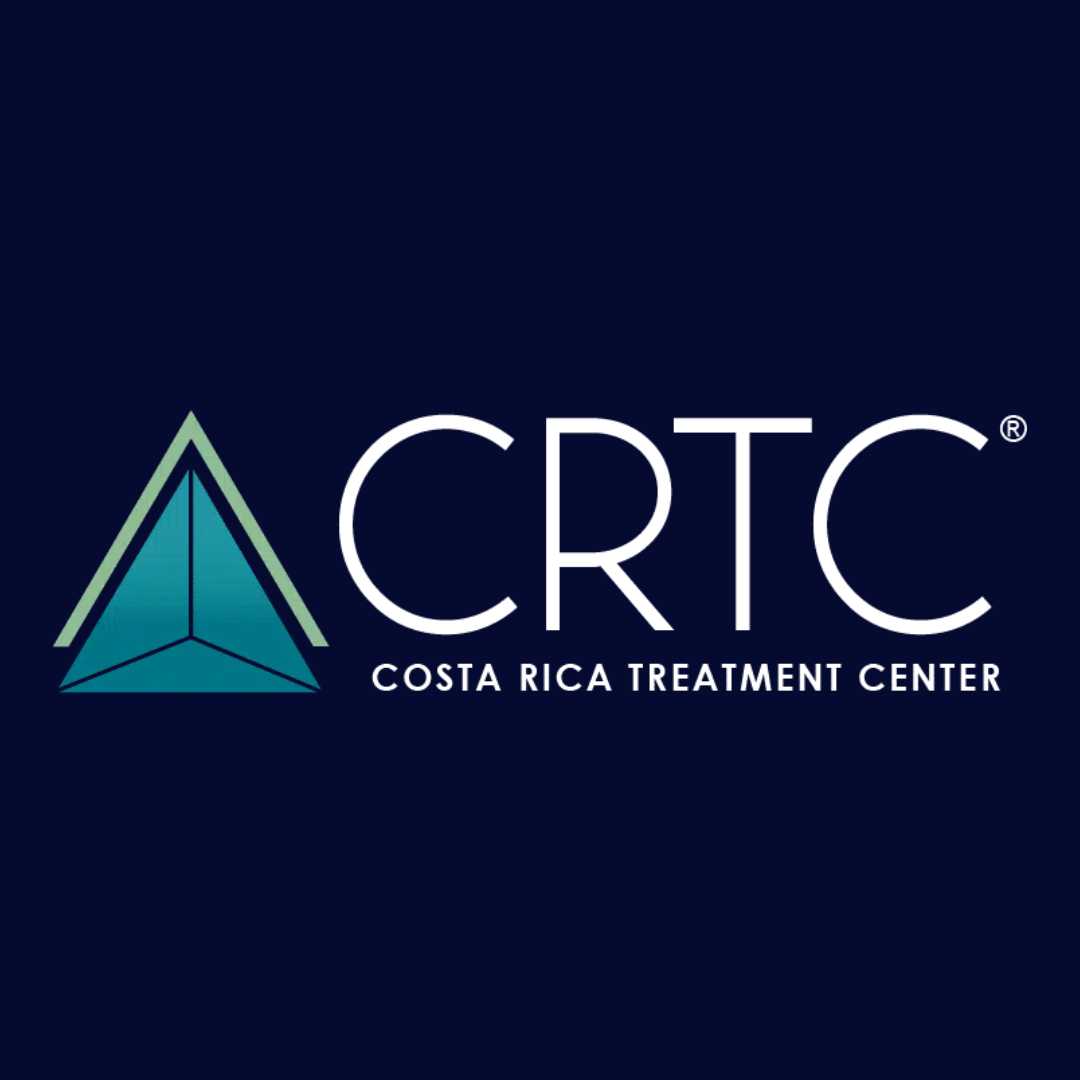
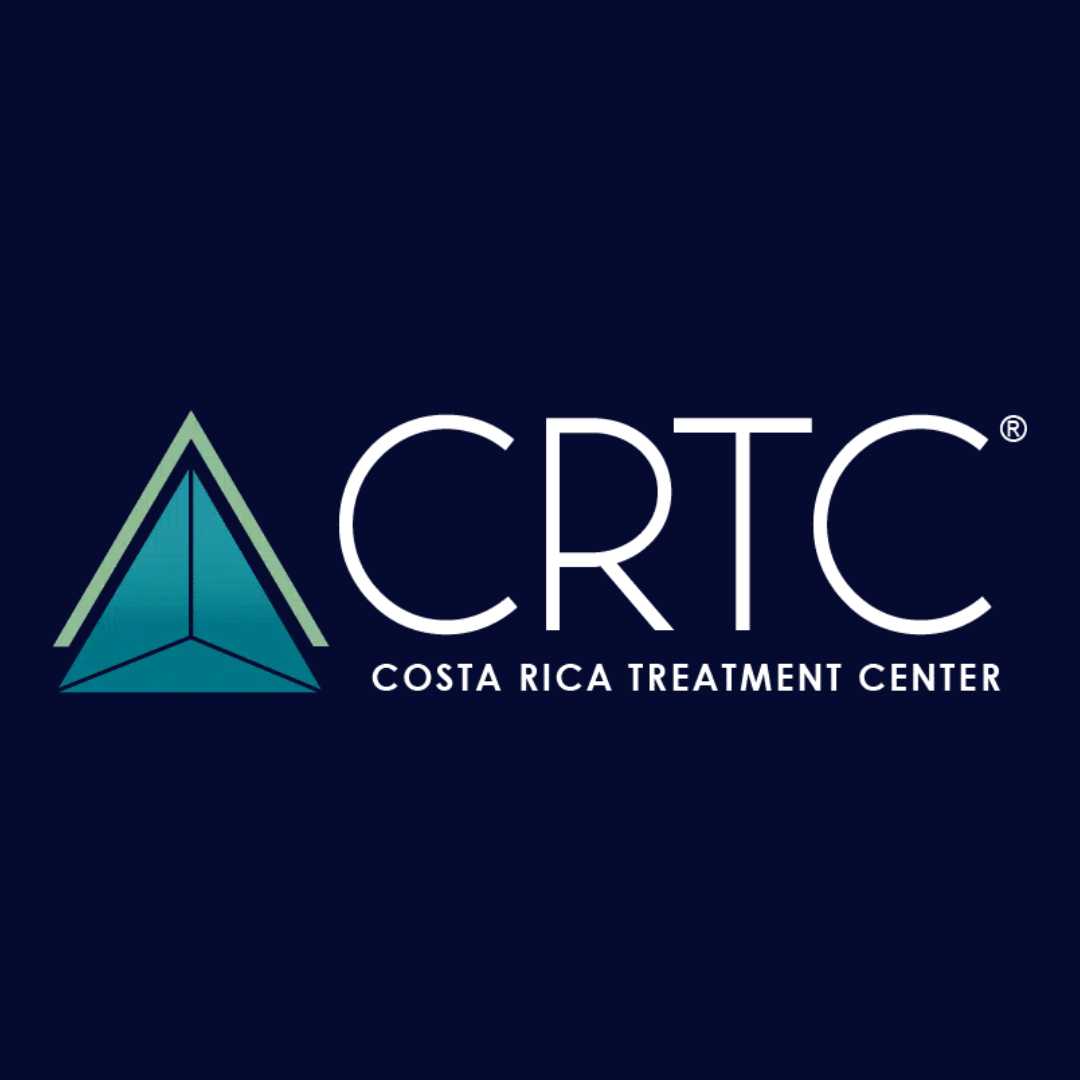
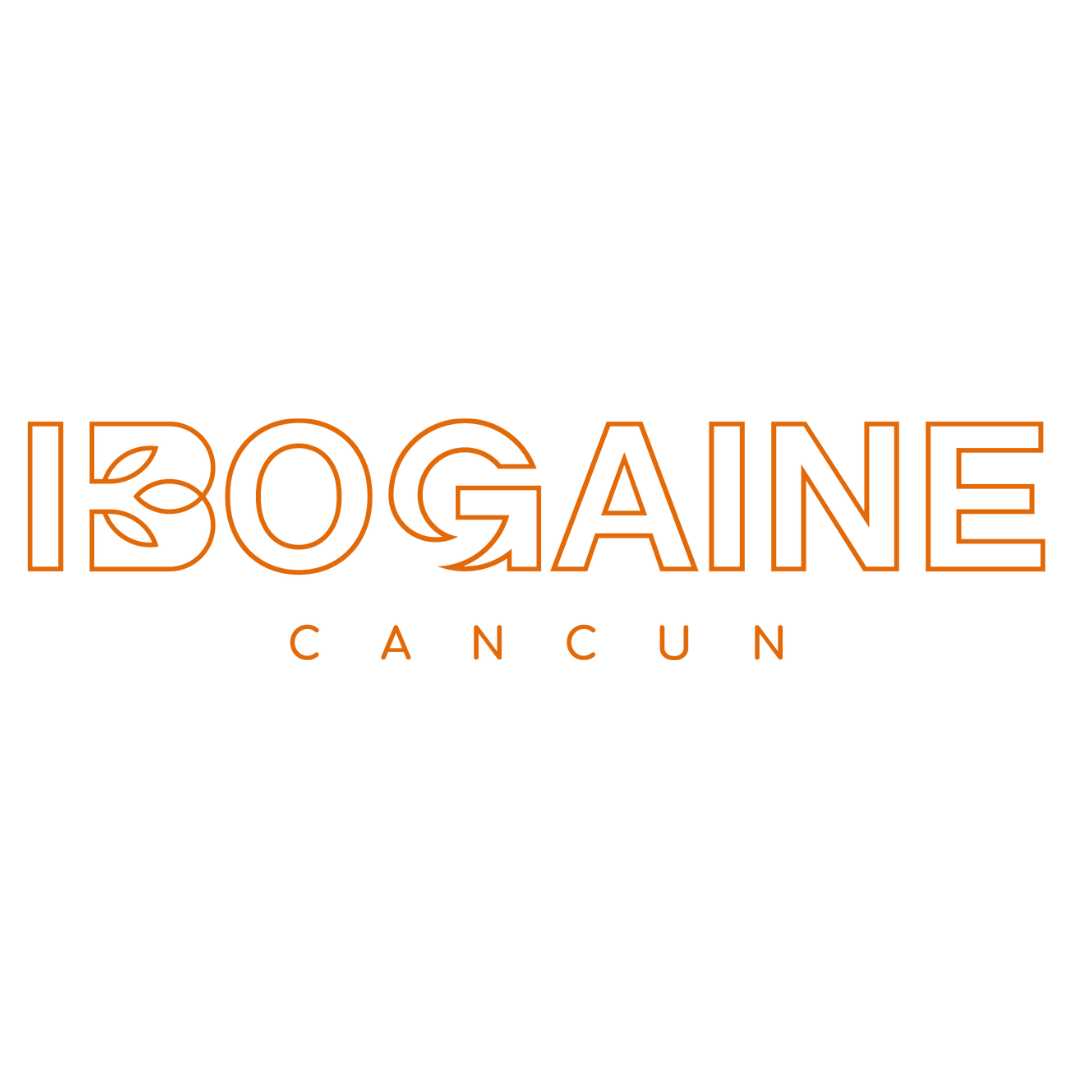
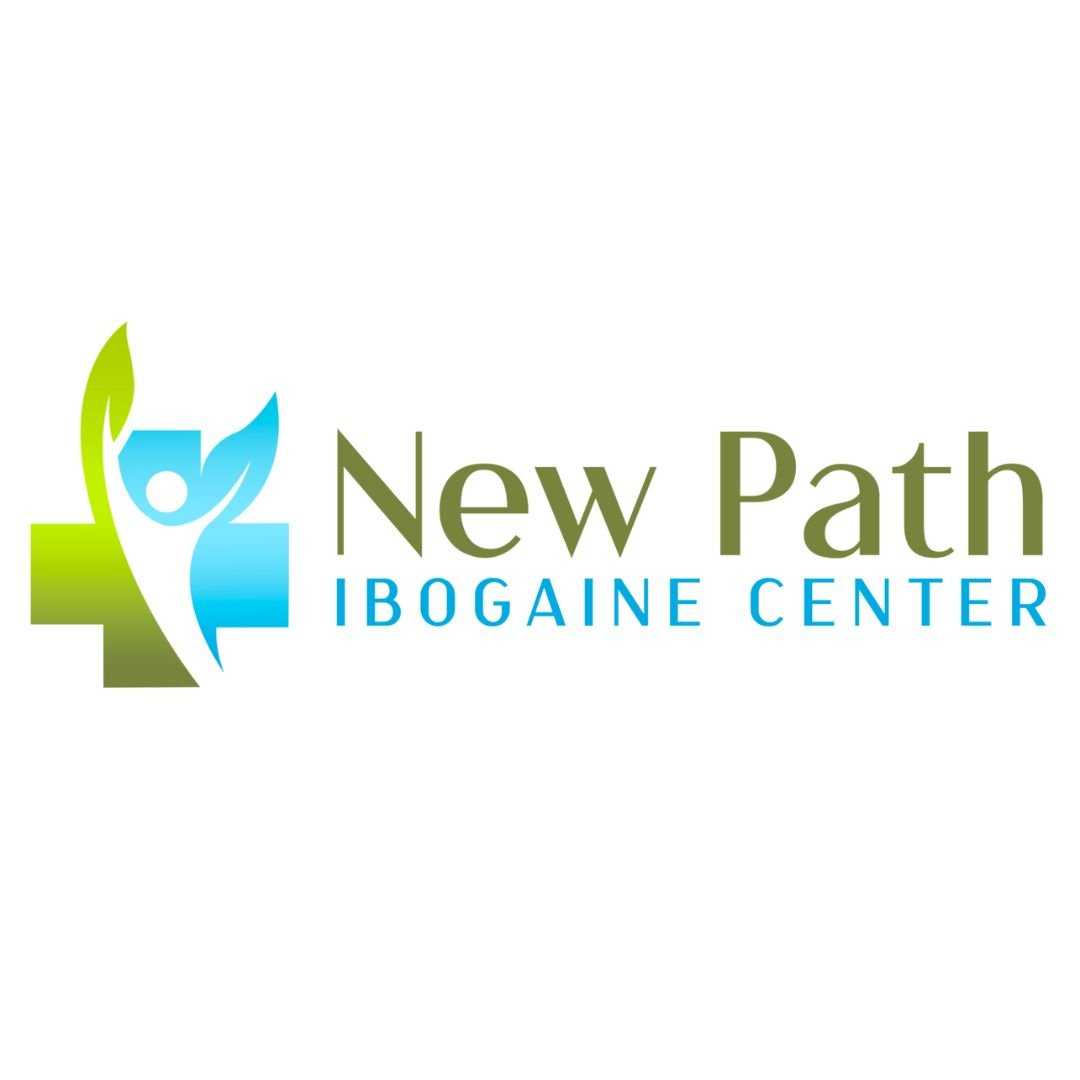

Share this listing